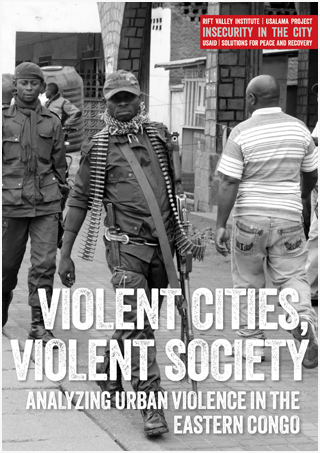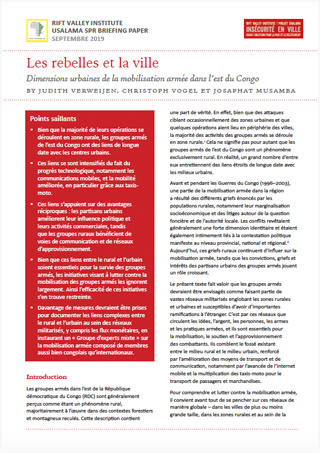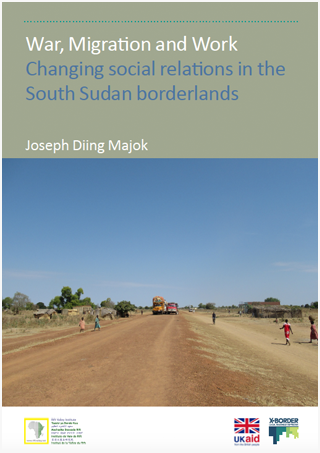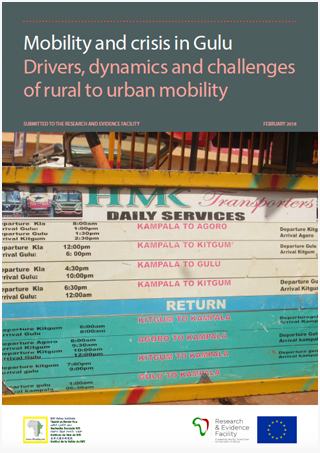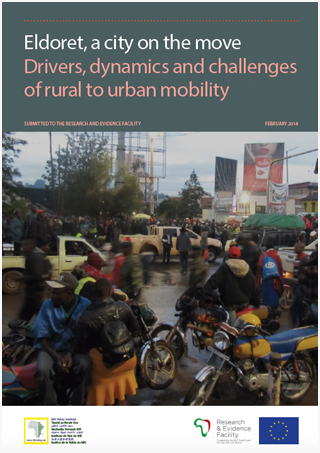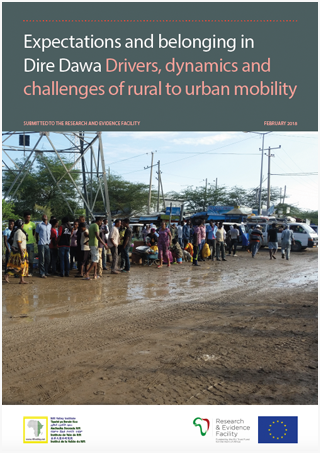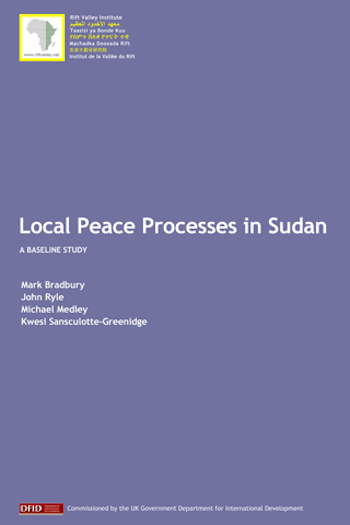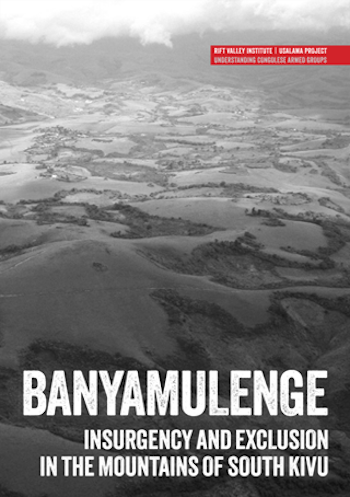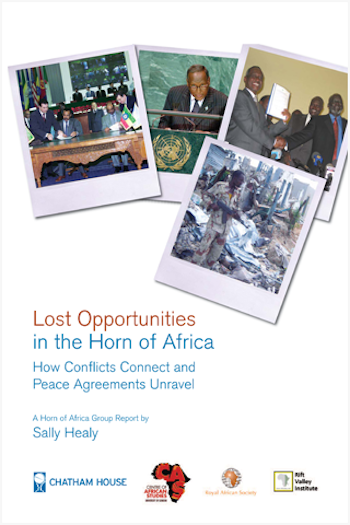Over the past two decades, urban violence in the eastern Congo has reached alarming levels, However, it has rarely made it to the forefront of international policy and media attention. Violent cities, Violent Societies analyzes urban violence through the…
RVI publishes books, research reports, research papers, briefings and meeting reports in a range of formats. Publications cover policy, research, arts, culture and local knowledge in the countries of eastern and central Africa. Research publications—books, reports and papers—are peer-reviewed. Some RVI publications are also available in French and/or Arabic.
The RVI is a signatory of the Budapest Open Access Initiative (2001); all publications are free for download in PDF format under Creative Commons licences. The views expressed in books and reports published by the RVI are those of the authors, not the Institute.
SEARCH
PUBLICATION TYPE
LANGUAGE
REGION
COUNTRY
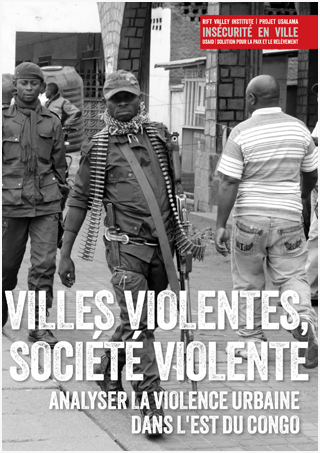
- By Judith Verweijen
- Download
Au cours des deux dernières décennies, la violence urbaine dans l’est du Congo a atteint une ampleur alarmante, cependent, il est rare qu’elle soit la priorité des politiques internationales et de l’attention médiatique. Villes Violentes, Société Violente analysent la…
Points saillants Bien que la majorité de leurs opérations se déroulent en zone rurale, les groupes armés de l’est du Congo ont des liens de longue date avec les centres urbains. Ces liens se sont intensifiés du fait du…
War, Migration and Work outlines how the changing economy has affected social relations in the Northern Bahr el-Ghazal borderlands, particularly between the old and the young, and men and women. The result is a fraying social system, where intra-family…
The Rift Valley Institute’s Rural to urban mobility project aims to better understand the dynamics of rural to urban migration and the ways in which this phenomenon impacts the social and infrastructural fabric of cities in East Africa. It is conducted…
The Rift Valley Institute’s Rural to urban mobility project aims to better understand the dynamics of rural to urban migration and the ways in which this phenomenon impacts the social and infrastructural fabric of cities in East Africa. It is conducted…
The Rift Valley Institute’s Rural to urban mobility project aims to better understand the dynamics of rural to urban migration and the ways in which this phenomenon impacts the social and infrastructural fabric of cities in East Africa. It is conducted…
An analytical account of the growth of “people-to-people” peace meetings in Sudan and its borderlands, with a comprehensive bibliography and time-chart of peace meetings over two decades in Southern and Northern Sudan (including Darfur and the transitional zone between…
This Usalama report by Jason Stearns et al. examines the Banyamulenge, a Tutsi community in the Eastern DRC that has been stuck in a cycle of insurgency and exclusion for over 20 years. While the last major Banyamulenge insurgency…
A comparative study of three regional peace agreements: the 2005 Comprehensive Peace Agreement in Sudan, Somalia’s Mbgathi peace process, from 2002 – 2004, and the 2000 Ethiopia-Eritrea Algiers Agreement. It examines the background and the historical context of the…
Recent Publications

EWNET Writes: Writing Workshop Session I
December 18, 2025
The Ethiopian Women Researchers Network (EWNET) inaugural writing workshop series aims to not only provide women researchers with uninterrupted time for their scholarly projects, but also build a supportive academic community. The first session, entitled ‘EWNET Writes: Writing Workshop Session

SSC-Khaatumo: Perspectives on the significance and implications of its formation
December 12, 2025
On 15 April 2025, during a visit to the city of Las Anod in Sool, Prime Minister Hassan Abdi Barre officially declared the federal government’s recognition of SSC-Khaatumo (SSC-K hereafter) as a federal member state, marking an important milestone in

Aid and Conflict Sensitivity in Contemporary Ethiopia
November 17, 2025
This study assesses conflict sensitivity practices among humanitarian, development and peacebuilding (HDP) actors in Ethiopia. It seeks to raise awareness and foster a deeper understanding of the evolving aid landscape in the country while analysing the challenges that affect conflict-sensitive

